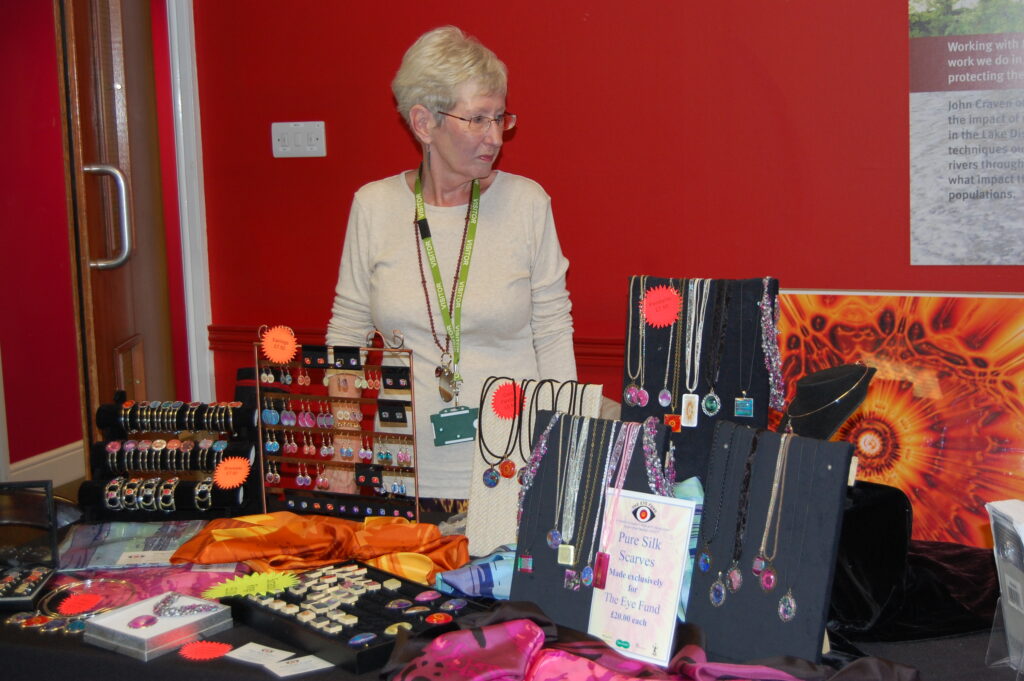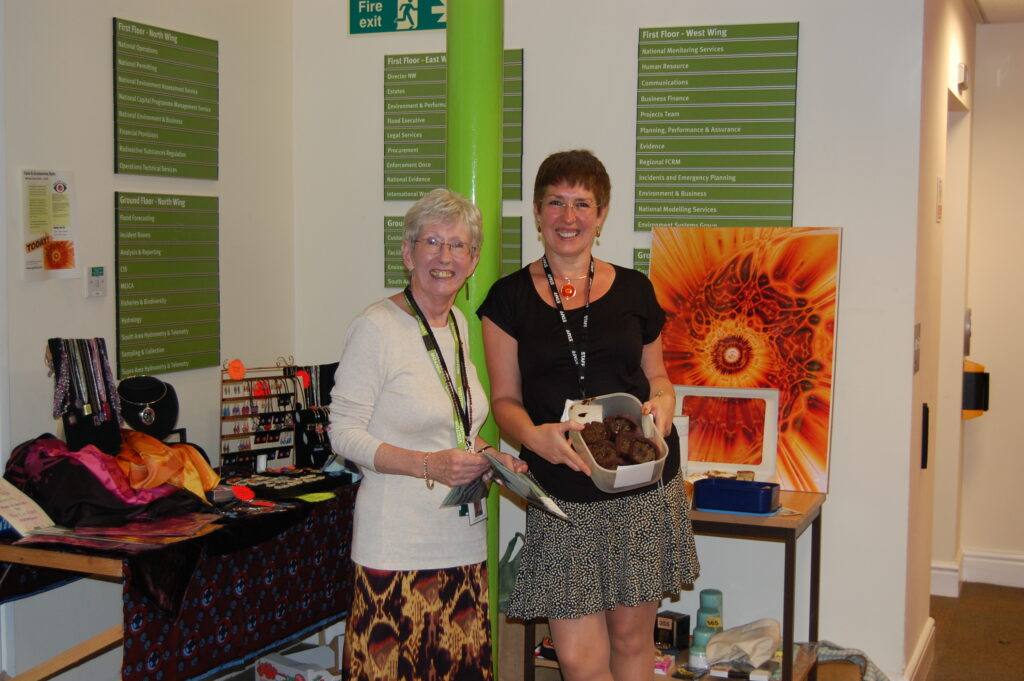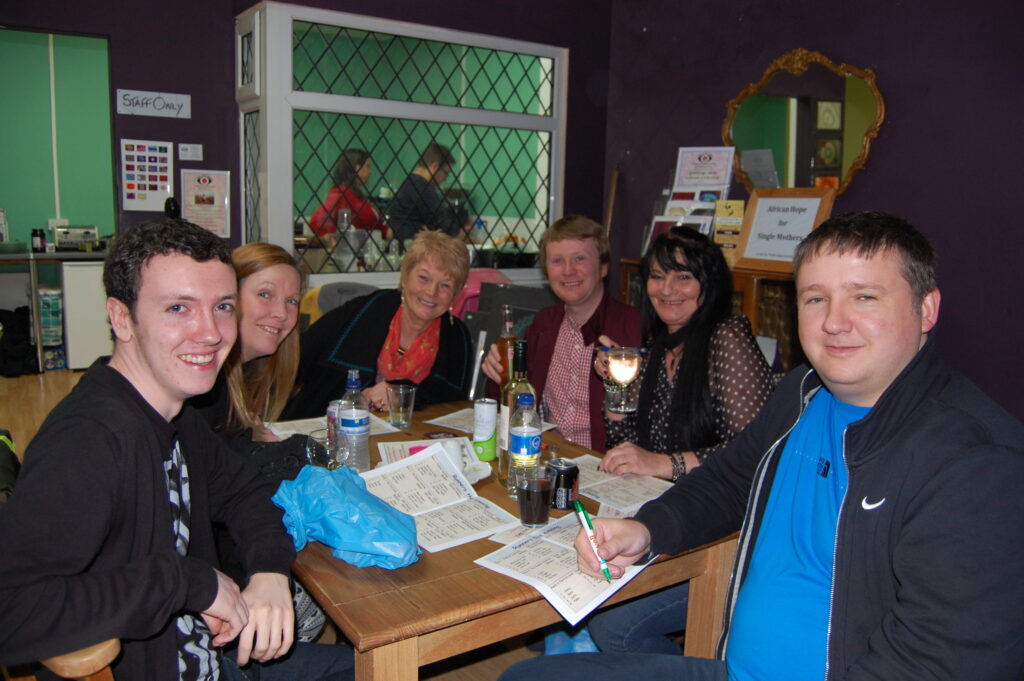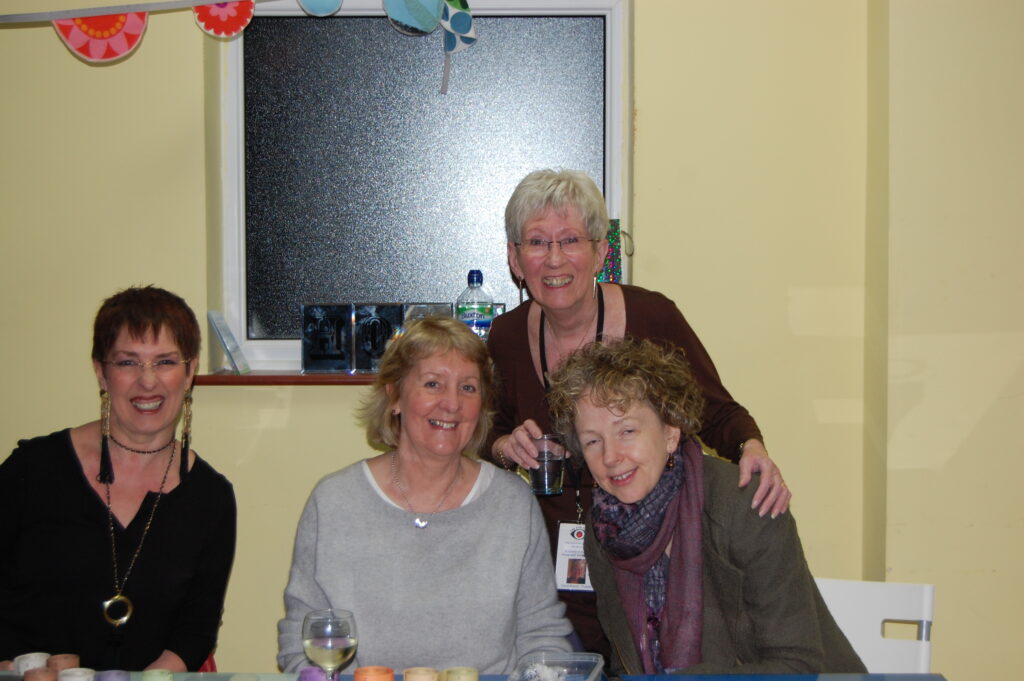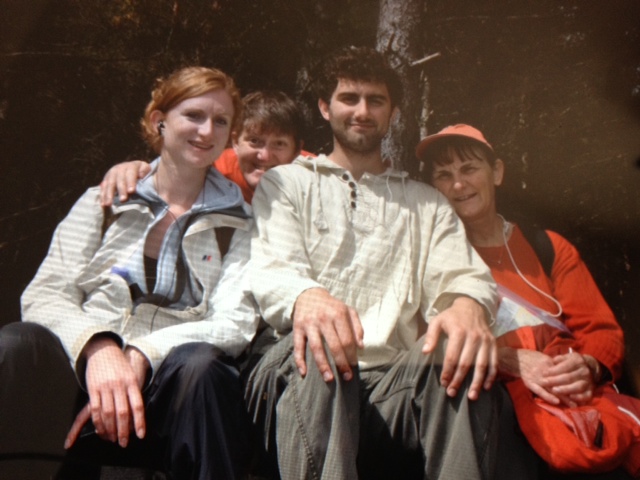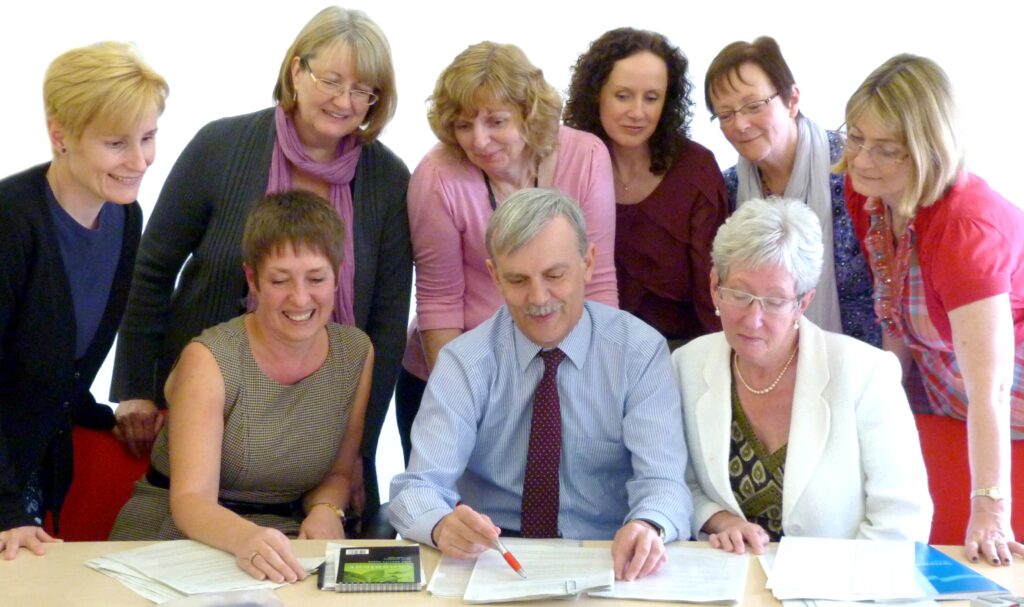The 2nd June saw the Eye Fund at the Environmental Agency in Warrington. We had a big stall in the canteen and just inside the foyer.
Lots of cakes were made by some of Helen’s colleagues and were sold at £1 each. We also sold lots of jewellery and cards and the total takings came to £261.65.
